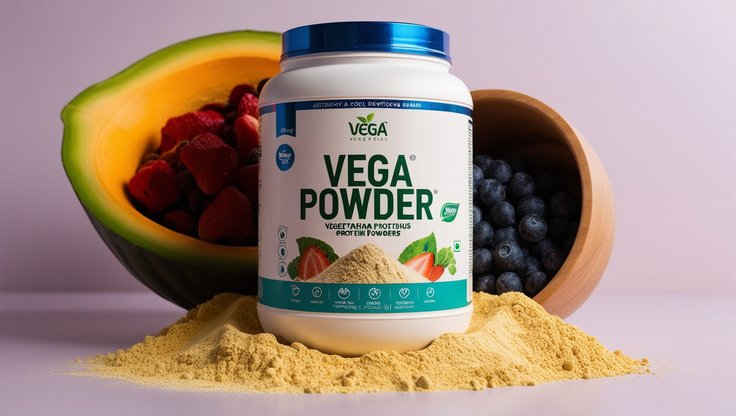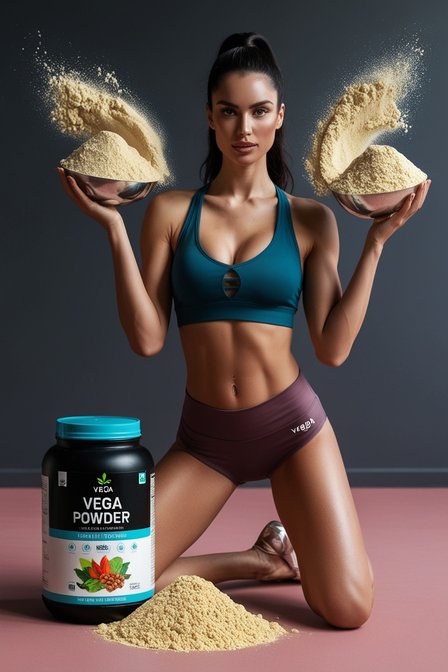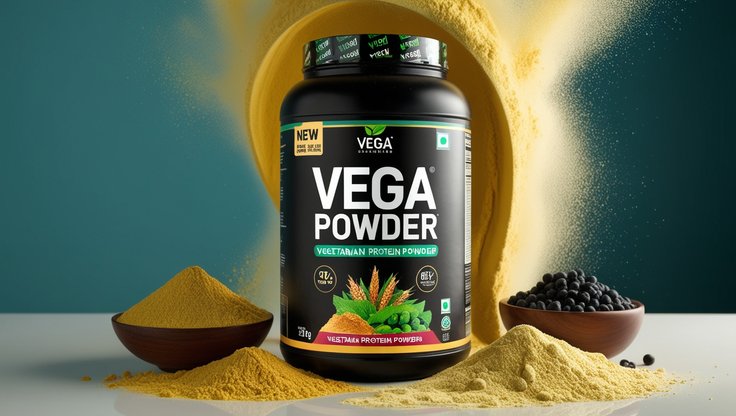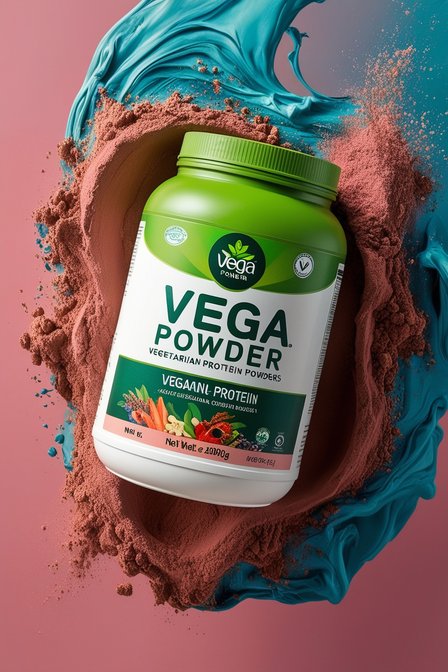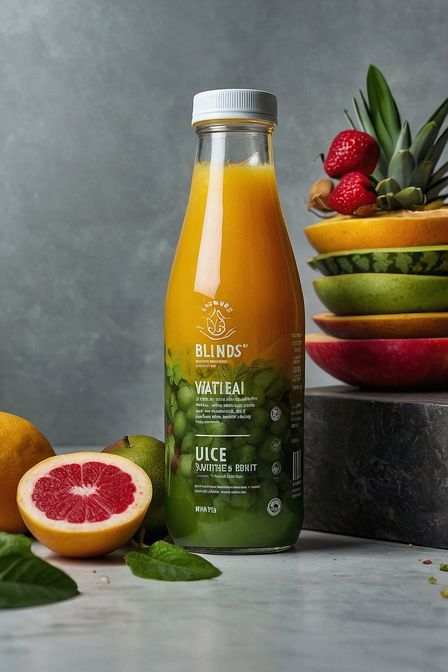The Rise of Veganism and Protein Needs
As veganism continues to rise globally, an increasing number of individuals are seeking plant-based protein options to meet their nutritional needs. The shift towards a vegan lifestyle is often driven by concerns over animal welfare, environmental sustainability, and health benefits. However, a common concern for those transitioning to a vegan diet is ensuring they consume adequate protein, an essential macronutrient crucial for muscle growth, repair, and overall bodily functions.
Understanding Plant-Based Proteins
Proteins are made up of amino acids, which are the building blocks of muscle and tissue. While animal products are often praised for their complete protein profiles, containing all nine essential amino acids, many plant-based options also provide sufficient protein when consumed in a varied and balanced diet. The key is understanding and combining different sources to achieve a comprehensive amino acid profile.
Legumes: A Powerhouse of Protein
Legumes, including beans, lentils, chickpeas, and peas, are some of the richest sources of plant-based protein. These versatile foods can be incorporated into a variety of dishes, from soups and stews to salads and spreads. For instance, a cup of cooked lentils provides around 18 grams of protein, making it an excellent meat substitute. Chickpeas, commonly used in hummus and falafel, offer about 15 grams of protein per cup.
Soy-Based Products: Nutrient-Dense and Protein-Rich
Soy products such as tofu, tempeh, and edamame are staple protein sources in many vegan diets. Tofu, made from condensed soy milk, is incredibly versatile and can absorb the flavors of the spices and sauces it is cooked with. A 3.5-ounce serving of tofu contains approximately 8 grams of protein. Tempeh, a fermented soybean product, is even more protein-dense, providing about 19 grams of protein per 3.5-ounce serving. Edamame, or young soybeans, can be enjoyed as a snack or added to salads and stir-fries, offering about 17 grams of protein per cup.
Whole Grains: More Than Just Carbs
Whole grains such as quinoa, farro, barley, and bulgur are excellent sources of protein and fiber. Quinoa, often referred to as a superfood, is unique among grains as it contains all nine essential amino acids, making it a complete protein. A cup of cooked quinoa provides around 8 grams of protein. Farro and barley also offer substantial protein content, along with other essential nutrients like iron and magnesium.
Nuts and Seeds: Compact Protein Sources
Nuts and seeds are nutrient-dense foods that offer a good amount of protein, healthy fats, and other essential nutrients. Almonds, peanuts, chia seeds, and flaxseeds can be easily incorporated into meals and snacks. For example, two tablespoons of chia seeds contain approximately 4 grams of protein, while an ounce of almonds provides about 6 grams. Nut butters, such as peanut or almond butter, are also excellent protein-rich additions to a vegan diet.
Vegetables with Surprising Protein Content
While vegetables are not typically associated with high protein content, some do offer significant amounts. Leafy greens like spinach, kale, and broccoli can contribute to daily protein intake. For instance, a cup of cooked spinach has about 5 grams of protein, and a cup of cooked broccoli provides around 4 grams. These vegetables also supply vital vitamins and minerals, making them essential components of a balanced vegan diet.
Innovative Plant-Based Protein Products
The market for plant-based protein products has expanded significantly, providing a variety of innovative options for vegans. Products like seitan, made from wheat gluten, are rich in protein, with a 3.5-ounce serving providing approximately 25 grams of protein. Plant-based meat alternatives, such as those made by brands like Beyond Meat and Impossible Foods, offer protein content comparable to traditional meat products. These alternatives are designed to mimic the taste and texture of meat, making them popular choices for those transitioning to a vegan diet.
The Role of Protein Supplements
For those who struggle to meet their protein needs through whole foods alone, vegan protein supplements can be a convenient option. Protein powders made from pea, hemp, rice, and soy are widely available and can be added to smoothies, baked goods, or simply mixed with water. These supplements provide a concentrated source of protein, with many offering around 20 grams per serving.
Combining Protein Sources for Complete Nutrition
To ensure a balanced intake of all essential amino acids, it is beneficial to combine different plant-based protein sources. This practice, known as protein complementation, involves pairing foods that complement each other's amino acid profiles. Examples include combining beans and rice, hummus and pita, or peanut butter on whole-grain bread. By consuming a variety of plant-based proteins throughout the day, vegans can easily meet their nutritional requirements.
Health Benefits of Plant-Based Proteins
Incorporating plant-based proteins into the diet offers numerous health benefits. Plant-based diets are associated with lower risks of chronic diseases such as heart disease, diabetes, and certain cancers. These diets are typically lower in saturated fat and cholesterol, and higher in dietary fiber, vitamins, and antioxidants. Additionally, plant-based proteins tend to be more environmentally sustainable, requiring fewer resources to produce compared to animal-based proteins.
Addressing Common Concerns
One common concern regarding vegan diets is the potential for nutrient deficiencies, particularly in protein, iron, calcium, vitamin B12, and omega-3 fatty acids. However, with careful planning and a varied diet, these concerns can be effectively addressed. For instance, consuming fortified foods or supplements can help meet vitamin B12 needs, while plant-based sources like flaxseeds and walnuts can provide omega-3 fatty acids.
Practical Tips for Increasing Protein Intake
To maximize protein intake on a vegan diet, consider incorporating protein-rich foods into every meal and snack. Start the day with a protein-packed breakfast, such as a smoothie with protein powder, oats topped with nuts and seeds, or a tofu scramble. For lunch and dinner, focus on dishes that include legumes, whole grains, and vegetables. Snacks can also be an opportunity to boost protein intake with options like nut butter on whole-grain crackers, edamame, or a handful of nuts.
The Future of Plant-Based Proteins
As interest in veganism continues to grow, the future of plant-based proteins looks promising. Advances in food technology are leading to the development of new and improved plant-based products that offer even better taste, texture, and nutritional profiles. Additionally, ongoing research into plant-based diets and health will continue to provide valuable insights, helping to guide dietary recommendations and public health initiatives.
Conclusion
Embracing a vegan diet and meeting protein needs is entirely achievable with a variety of plant-based protein options available. By understanding the different sources of plant-based proteins and how to combine them effectively, individuals can enjoy a nutritious and balanced diet. Whether through whole foods or innovative products, plant-based proteins offer a sustainable, healthful, and ethical choice for those seeking to live a vegan lifestyle.
